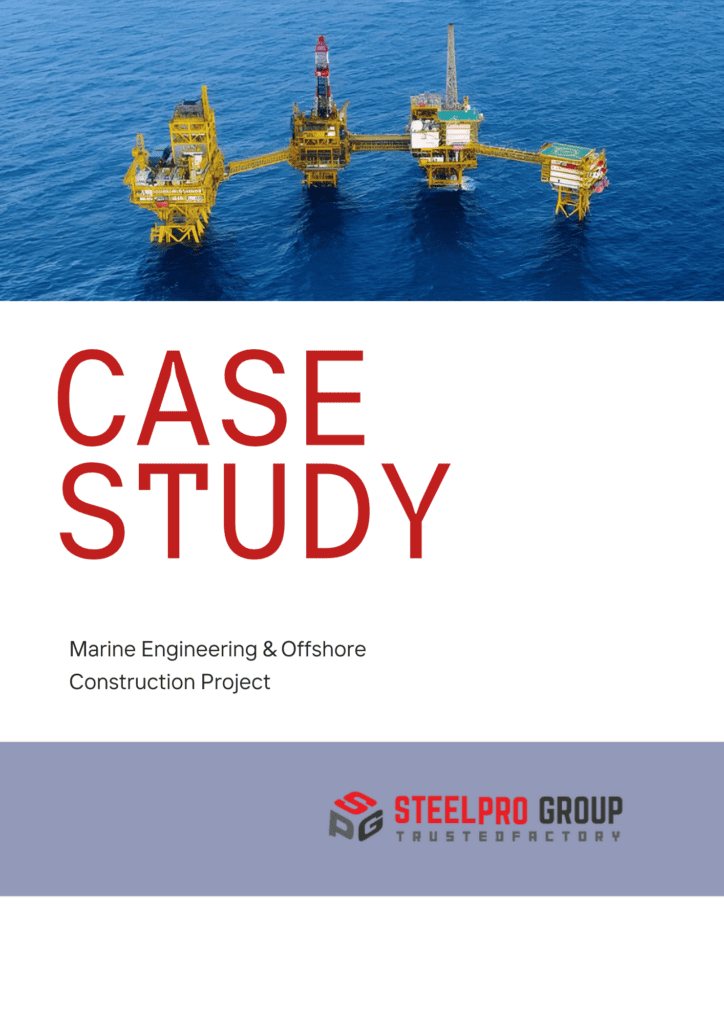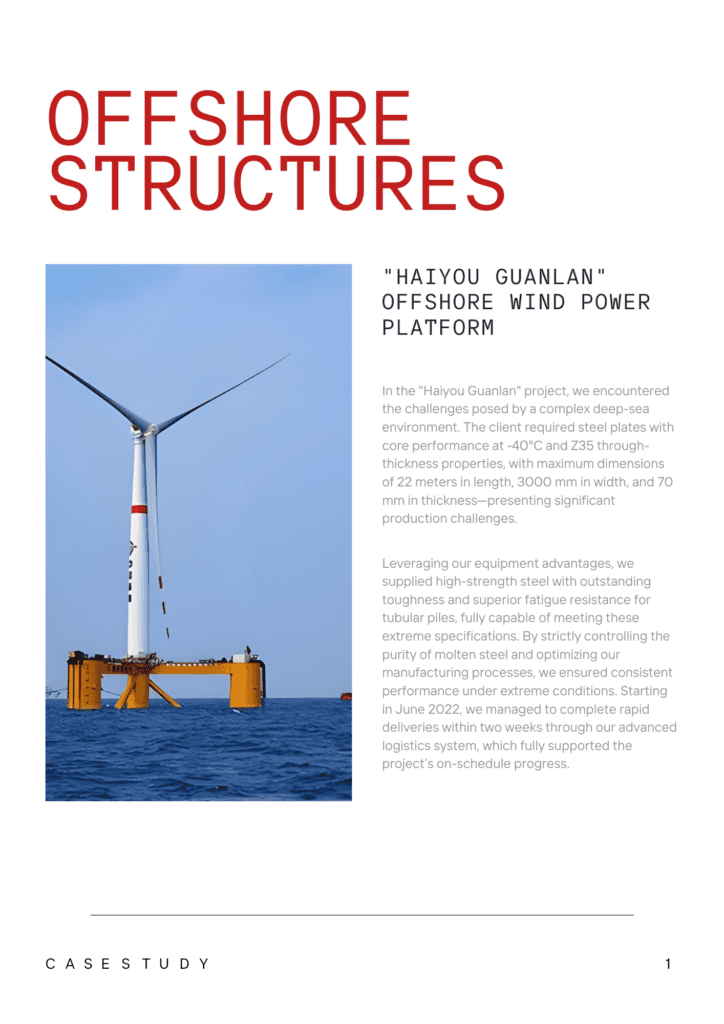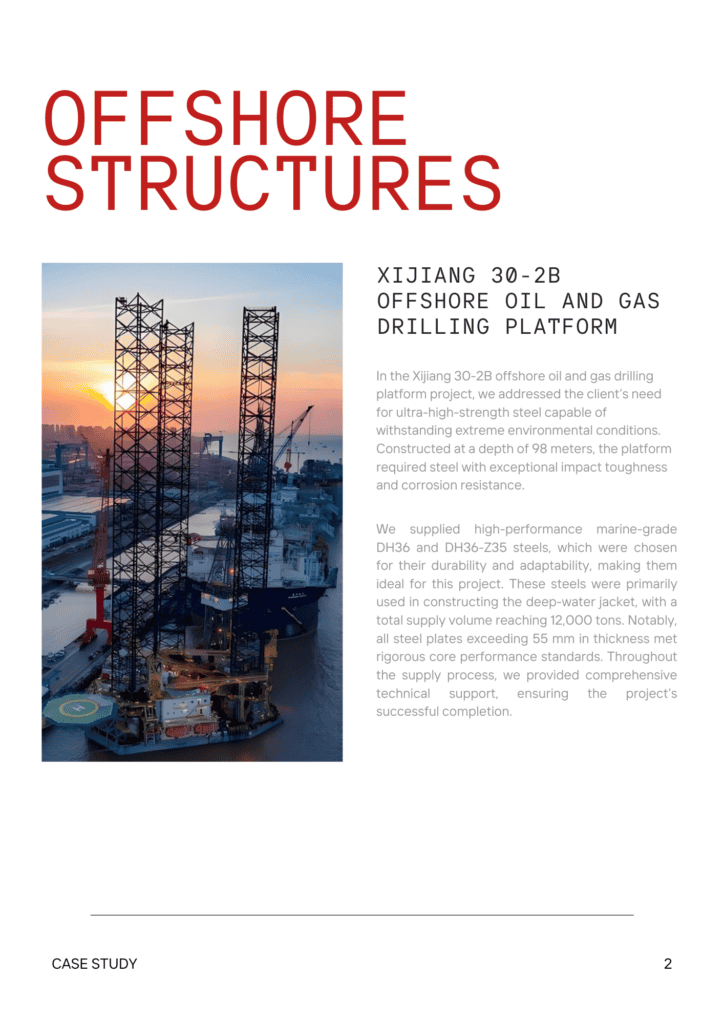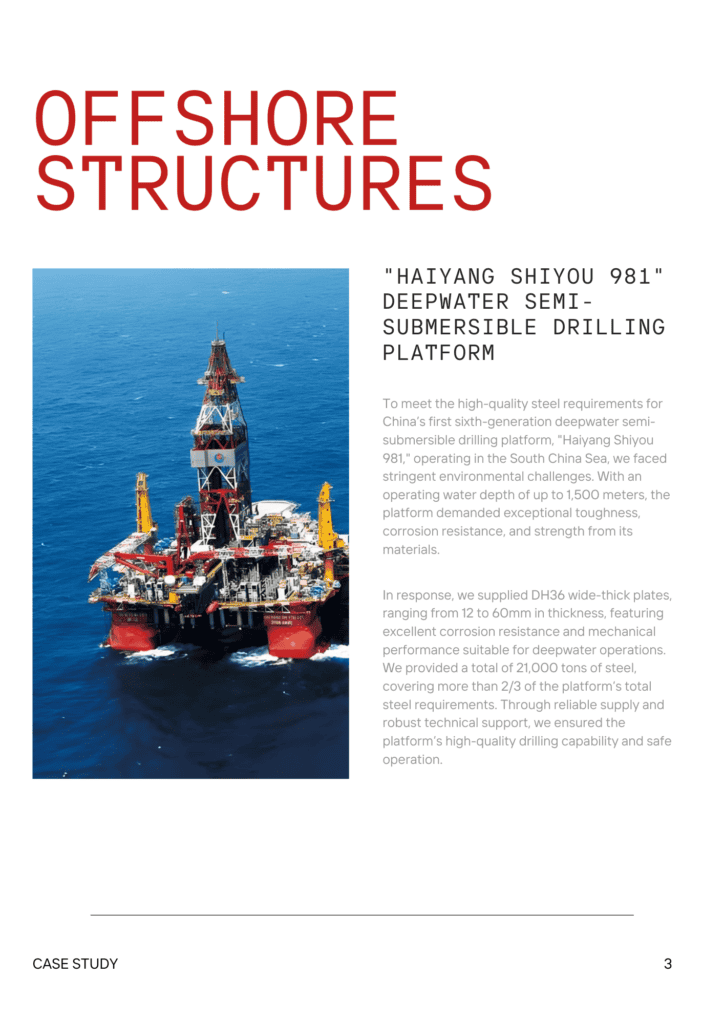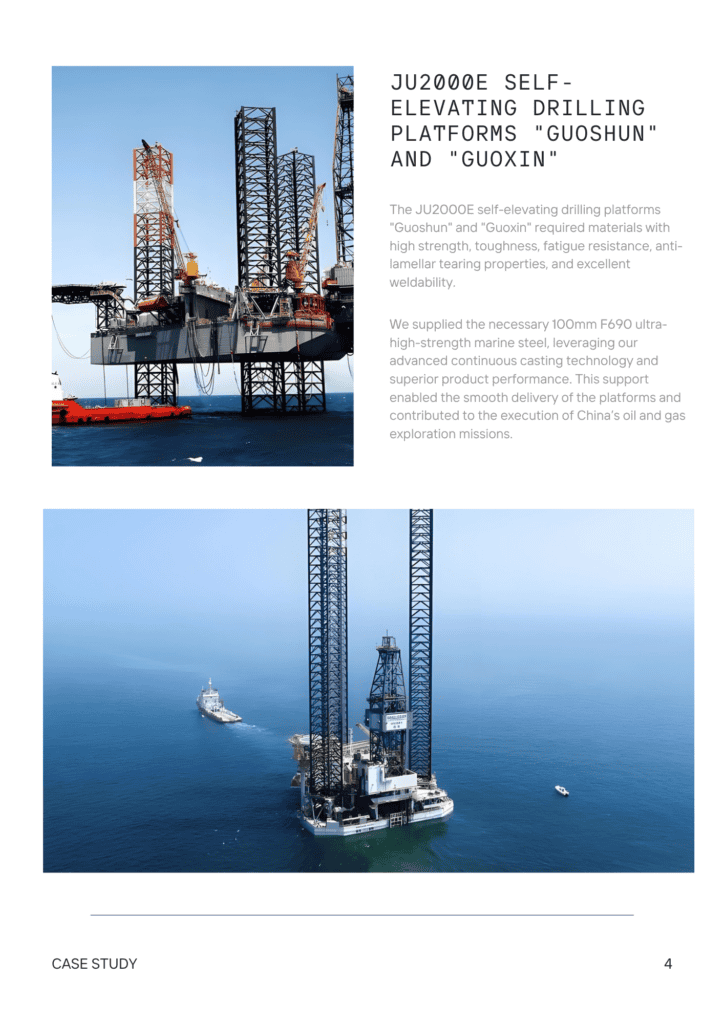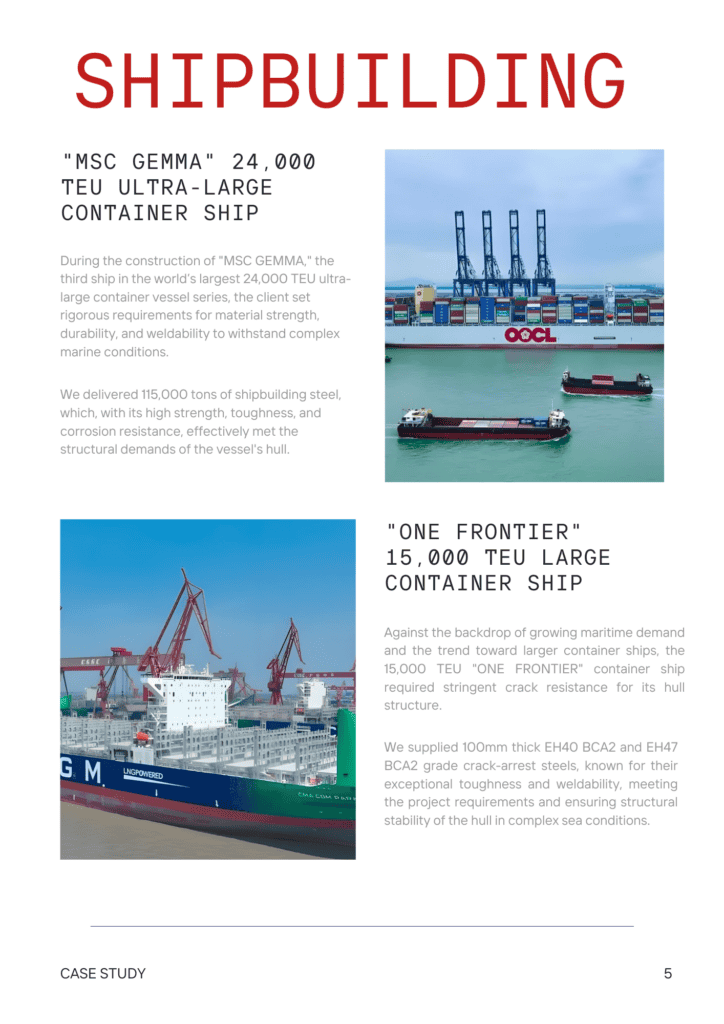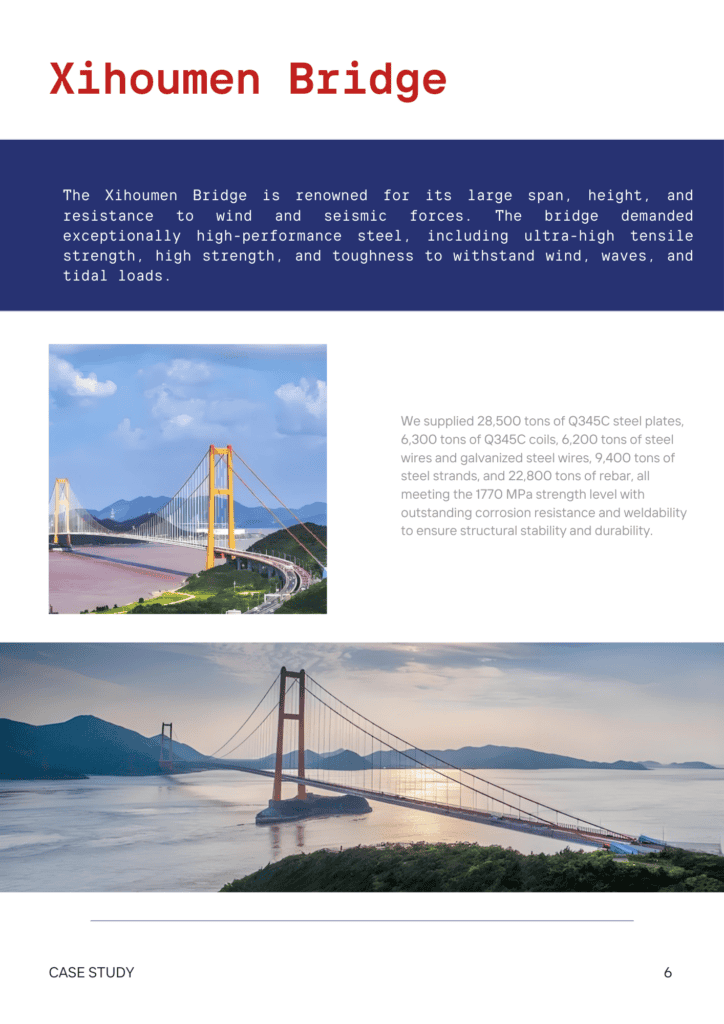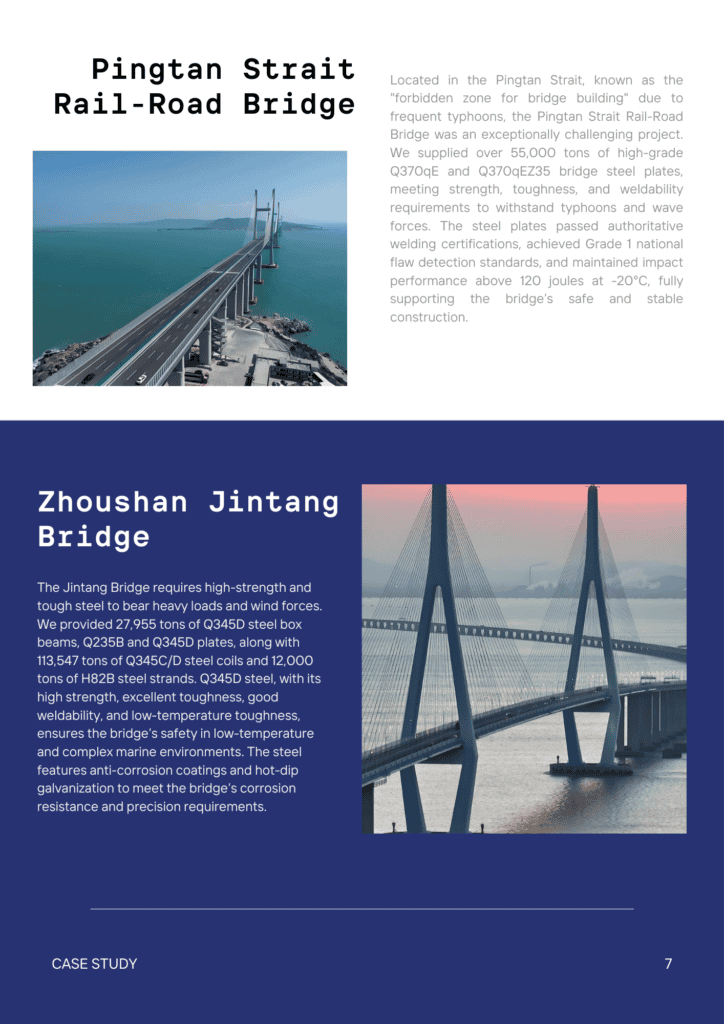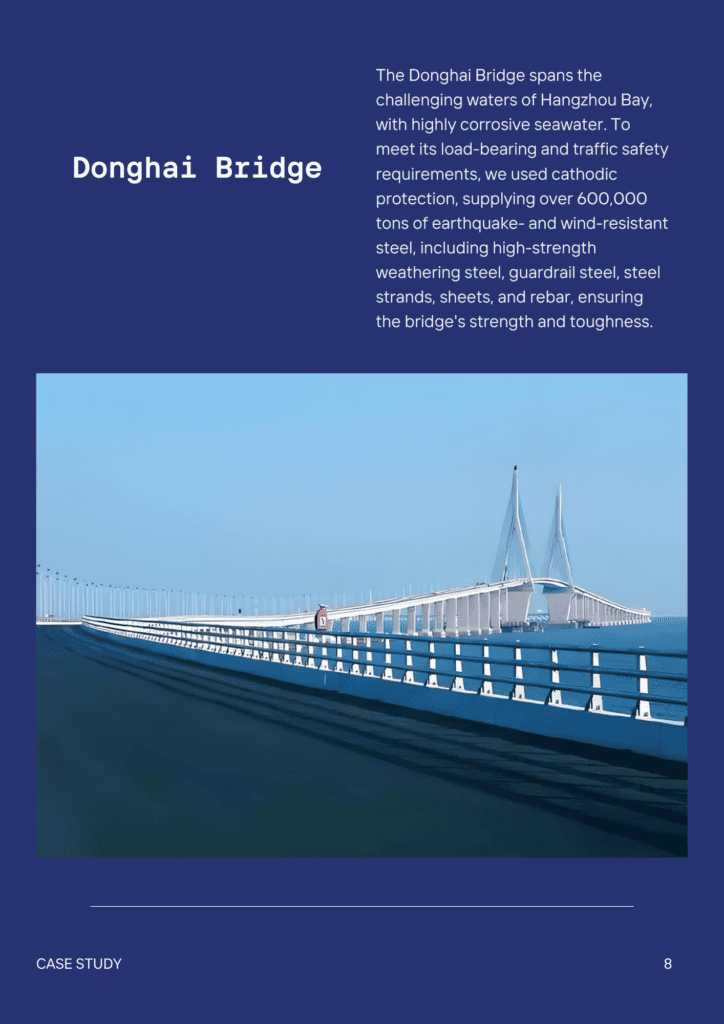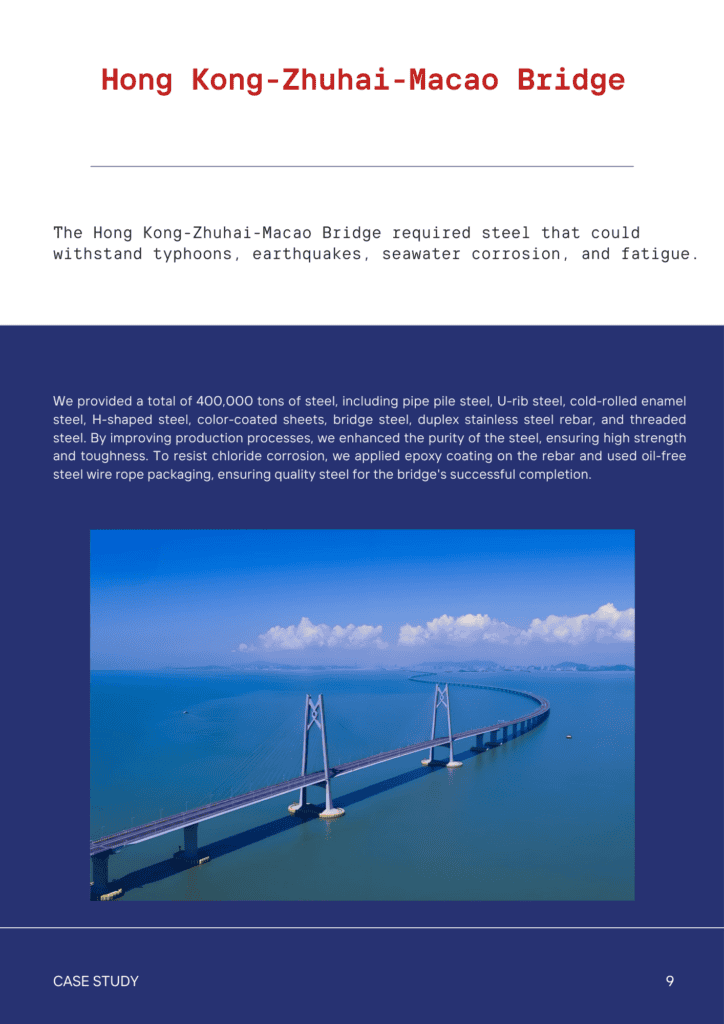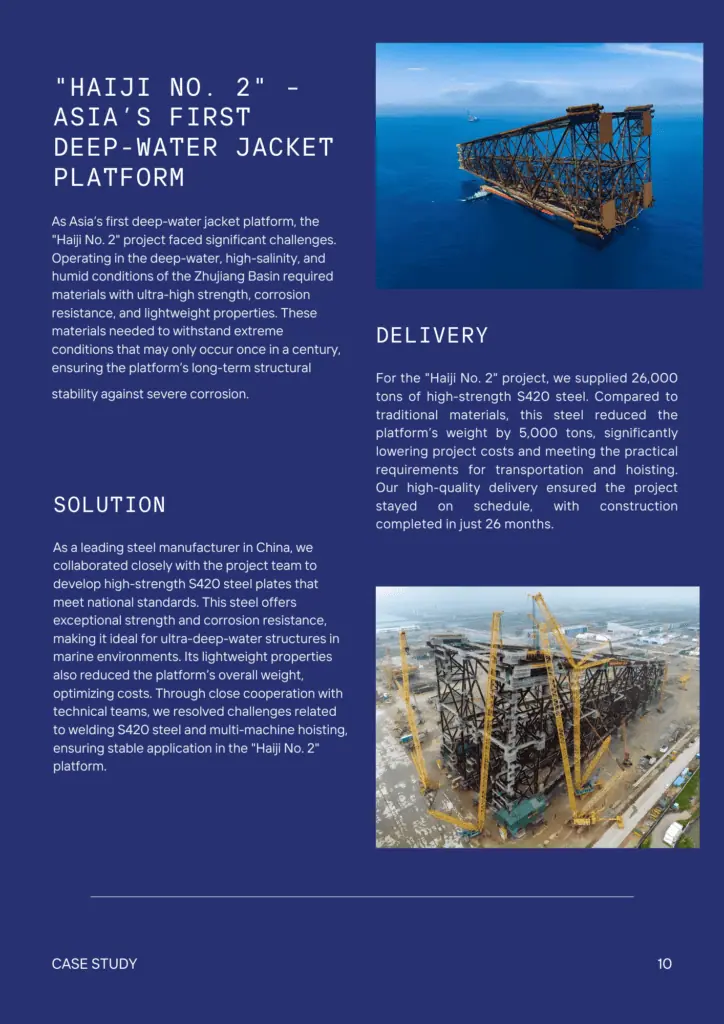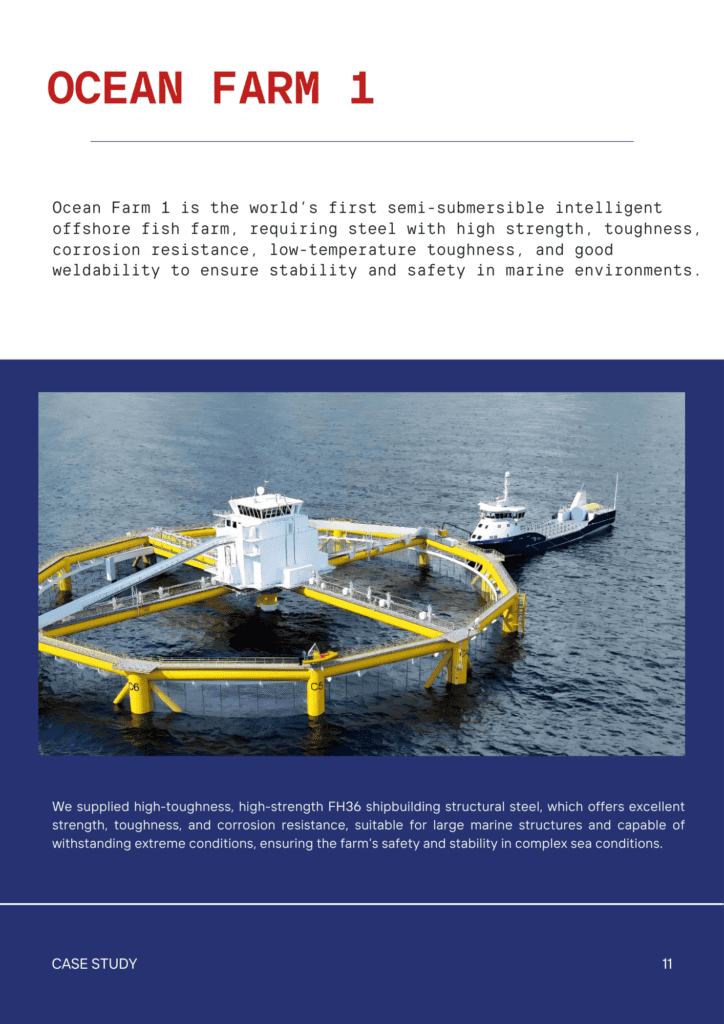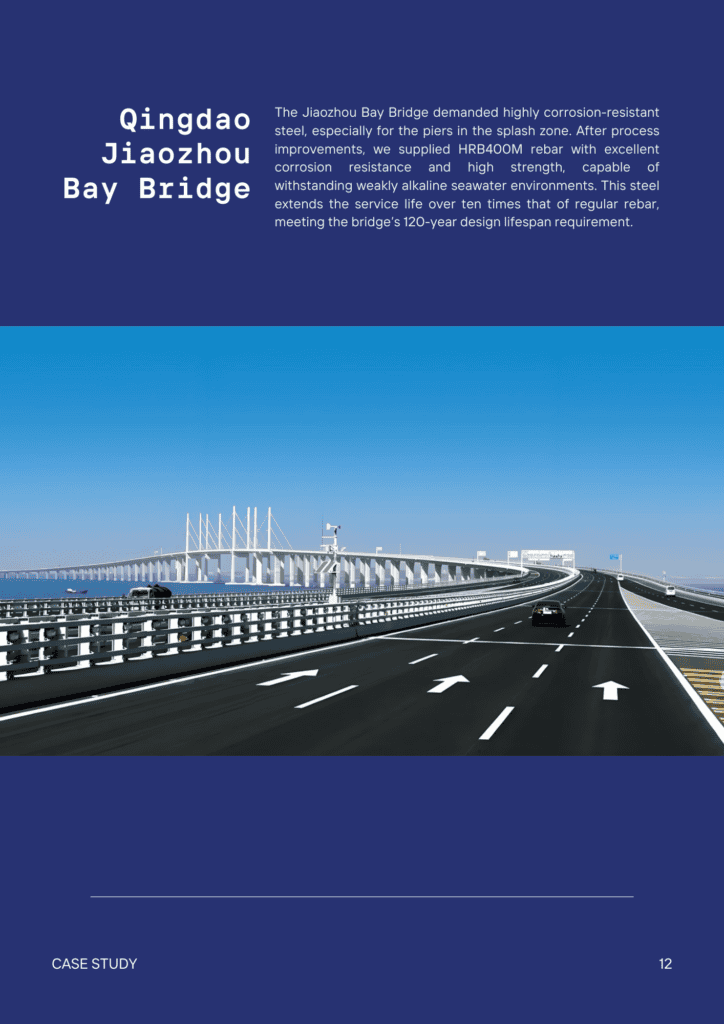Introduction to Special Steel
As industries demand higher-performance materials, special steel has become a key solution due to its exceptional strength, durability, and versatility. Produced with unique alloy compositions and precise manufacturing, special steel typically offers yield strengths from 275-690 MPa (40-100 ksi) and tensile strengths exceeding 700 MPa (100 ksi), suitable for extreme conditions and high-load environments.
Its high strength enables lighter, thinner structural designs and supports safety, efficiency, and sustainability in sectors like automotive, construction, heavy machinery, and energy, making it indispensable for high-performance engineering applications.

Benefits of Special Steel
- Stronger structures with less weight
- Better resistance to harsh conditions
- Lower maintenance with high wear and corrosion resistance
- Improved energy efficiency with lighter designs
- Higher load capacity in compact designs
- Easy to machine, weld, and cut

Types & Grades of Special Steel
Special steel is categorized into various types and grades. Here are some of the common ones:
High Strength Steel (HSS)
Common Grades: S550MC, S600MC, S700MC
Applicability: Automotive components, lightweight structures, heavy machinery.Wear-Resistant Steel
Common Grades: AR400, AR500, NM400, NM500
Applicability: Mining machinery, earthmoving equipment, construction applications.Tool Steel
Common Grades: D2, A2, O1, M2
Applicability: Cutting tools, dies, molds, punches.Stainless Steel
Common Grades: 304L, 316L, 321
Applicability: Marine equipment, chemical processing, food industry.Heat-Resistant Alloy
Common Grades: 310S, 309S, Inconel 600
Applicability: High-temperature furnaces, power plants, gas turbines.

Industries & Applications
Some common industries and applications include:

Automotive

Aerospace

Energy Sector

Civil Engineering

Rail Transportation

Shipbuilding

Electrical and Electronics

Medical Devices
Special Steel Product Specifications
SteelPRO Group offers most of the commonly used grades for special steel in major shapes, including plates, sheets, coils, bars, pipes, tubes, wires, forgings, profiles, etc. Browse the list below for the grades and specifications we cover. The list doesn’t cover it fully. For details, please contact our sales team. We’ll contact you shortly.
| Varieties | Grade | Specifications (mm) | Standard | ||
| Thickness | Width | Length | |||
| Special Steel Plate | 20Cr | 6–150 | 900–4800 | 3000–25000 | GB/T 3077 or GB/T 11251 or negotiation |
| 40Cr | |||||
| 15CrMo | |||||
| 12Cr1MoV | |||||
| 30CrMo | |||||
| 35CrMo | |||||
| 42CrMo | |||||
| 50Mn2V | 6–40 | 900–4800 | 3000–25000 | Negotiation | |
| Dj100 | |||||
| 75Cr1 | |||||
Special Steel When & Where You Need It
At SteelPRO Group, you get more than just quality steel. With multiple facilities across the country capable of providing special steel, we can also work with you to manage your inventory, ensuring you get the product when and where you need it to keep your production running.
Explore Our Available Steel Products & Grades
Our knowledge and experience give nearly 100% accurate delivery of High Carbon, Low Carbon, Stainless Steel products processed and packaged to your exact specifications.
What is the meaning of special steel?
Special steel is a type of steel with enhanced properties like higher strength, corrosion resistance, or heat resistance, designed for specific applications.
What is special steel made of?
It’s made of iron and carbon, like regular steel, but often includes additional alloys like chromium, nickel, or vanadium to improve performance.
What is the difference between steel and special steel?
Special steel has unique properties tailored for specific uses, while regular steel is more general-purpose and lacks such custom enhancements.
What are the applications of special steel?
Special steel is used in automotive, aerospace, construction, and manufacturing industries, where specialized properties are crucial.
How is special steel classified?
Special steel is classified based on its composition and properties, typically into categories like alloy steel, stainless steel, tool steel, and high-strength steel, each suited for specific applications due to unique characteristics such as corrosion resistance, hardness, or toughness.


